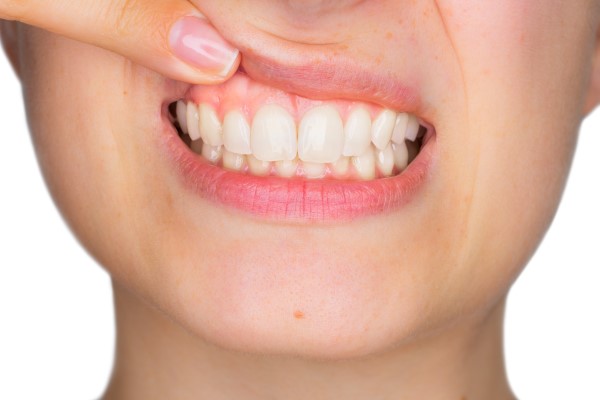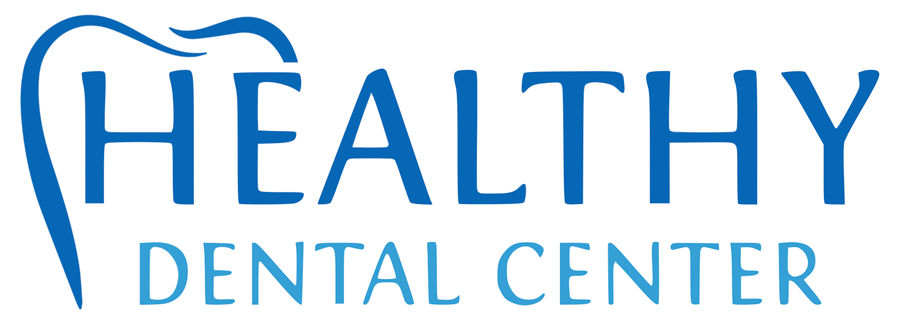



Gum disease is one of the most common oral health issues. Many individuals, however, are unaware that they are dealing with the condition. Gum disease is believed to affect millions of adults in the United States, according to the International Journal of Health Sciences. Many people who do not currently have gum disease may develop it eventually, which is why it is crucial to know how to prevent this condition that has claimed many adults' teeth and has been linked to many health conditions.
An overview of gum disease
Periodontal disease refers to a group of disorders that affect the gums and consequently, the teeth and bones. It leads to gum inflammation, which may have major health ramifications. The first indicators of gum disease are bleeding gums while brushing, inflammation, and tenderness.
Other signs of gum disease are foul breath, sensitivity, and a terrible taste in the mouth. Once the condition has progressed to its later stages, the teeth become loose or unsteady due to receding gum tissues, and patients may experience significant discomfort. If left untreated, gum abscesses will develop, and eventually, tooth loss will occur. If gum infections grow severe enough, even general health may become affected. Various factors can cause gum disease, including:
Poor oral hygiene: Gingivitis, the early stage of gum disease, develops when plaque lingers too long on the teeth due to not brushing, flossing, or seeing a dentist regularly.
Hormone changes: During adolescence, pregnancy, and menopause, changes in metabolism and hormone levels may disrupt the mouth's organic balance, resulting in this condition.
Certain ailments: Periodontal disease may be exacerbated by severe medical disorders that limit the body's capacity to create sugar. Diabetes, strokes, and heart attacks are just a few of the conditions that have been linked to this problem. Gum overgrowth may occur as a side effect of several drugs used to treat illnesses, making the gums more vulnerable to infection and disease.
Dry mouth: Xerostomia, or dry mouth, is a common side effect of several drugs that may reduce saliva flow. The elderly are more susceptible to dry mouth due to the decline in salivary flow that occurs with age.
Gum disease is also caused by teeth clenching and grinding, which weakens the tissues around the teeth.
The oral health consequences of gum disease
Gum disease has multiple stages. Gingivitis, the most prevalent form of early-stage gum disease, is treatable but does not usually show symptoms. Patients should get treatment from the dentist as soon as they notice that their gums are red, swollen, or sore. Gingivitis may develop even with good oral hygiene because germs and plaque prefer to stay in hard-to-reach places in the mouth.
Periodontitis, a more severe and dangerous type of gum disease, may develop if gingivitis is not treated. Periodontitis, which is linked to tooth loss and gum degradation, is a potentially dangerous condition for the teeth and gums.
Preventing the occurrence of gum disease
The good news is that gum disease is completely preventable. It requires maintaining proper oral hygiene practice, which includes frequent dental checkups.
The damaging build-up of plaque and bacteria on the teeth and in the mouth is one of the primary causes of gum disease. During a regular dental visit, the dentist can perform a professional cleaning to reach regions that patients often miss while brushing. This cleaning is usually sufficient to deal with gum inflammation and restore oral health.
Even if the gum disease has worsened to the advanced stages, patients can still get different treatment options. It is essential to speak with the dentist to know the next steps. To maintain maximum oral health and avoid periodontal disease, patients need to take note of the following:
Brush twice a day and floss once a day: Brushing and flossing remove plaque and food debris from the teeth and gum surfaces and between the teeth. It is important to replace toothbrushes every few months or when the bristles start to fray or wear out. Using antibacterial mouth rinses also helps keep the mouth clean.
Consume a well-balanced and healthy diet: Choose healthy foods from the five major dietary groups: grains, dairy, fruits, vegetables, and meat/poultry. These are vital for gum health and reduce gum disease risk.
Dental visits are important
As with any condition, prevention is better than the cure. Dental checkups enable the dentist to keep track of your oral health and catch any condition before it worsens. Signs of gum disease include red and inflamed gums, bleeding gums, recession, halitosis, and loose teeth.
If you have identified any indications of gum disease, contact your dentist immediately because early diagnosis and treatment are critical. The dentist will examine the condition of the gums and recommend the appropriate treatment.
Request an appointment here: https://www.healthydentalcenter.com or call Healthy Dental Center at (847) 390-5800 for an appointment in our Des Plaines office.
Check out what others are saying about our dental services on Yelp: Gum Disease in Des Plaines, IL.
Related Posts
Gum disease treatment addresses the root source of the disease and halts the ramifications. Gum disease, or periodontal disease, is a common condition that damages the gums and the structures that support the teeth. If left untreated, it can cause serious problems, including tooth loss. The good news is that if caught early, these treatments…
The CDC states that gum disease, also known as periodontal disease, is one of the leading oral infections in the United States. In addition, the National Institute of Health cites it as the most common culprit for adults losing teeth. Because the early stages of periodontal disease often do not have noticeable symptoms, many patients…
Gum disease is a bacterial infection that causes inflammation in the gums and bone surrounding the teeth. The resulting inflammation causes bone loss and eventually, tooth loss, and it can contribute to other health problems. Once a patient has been diagnosed with gum disease (periodontal disease), prompt treatment is necessary to address the condition. Most…
The application of dental Botox® for the treatment of oral health issues is becoming popular in different fields of dentistry. Cosmetic dentists use dental Botox® to correct a gummy smile or to minimize the look of wrinkles around the mouth. On the flip side, general dentists use Botox® to treat disorders like teeth grinding and…


